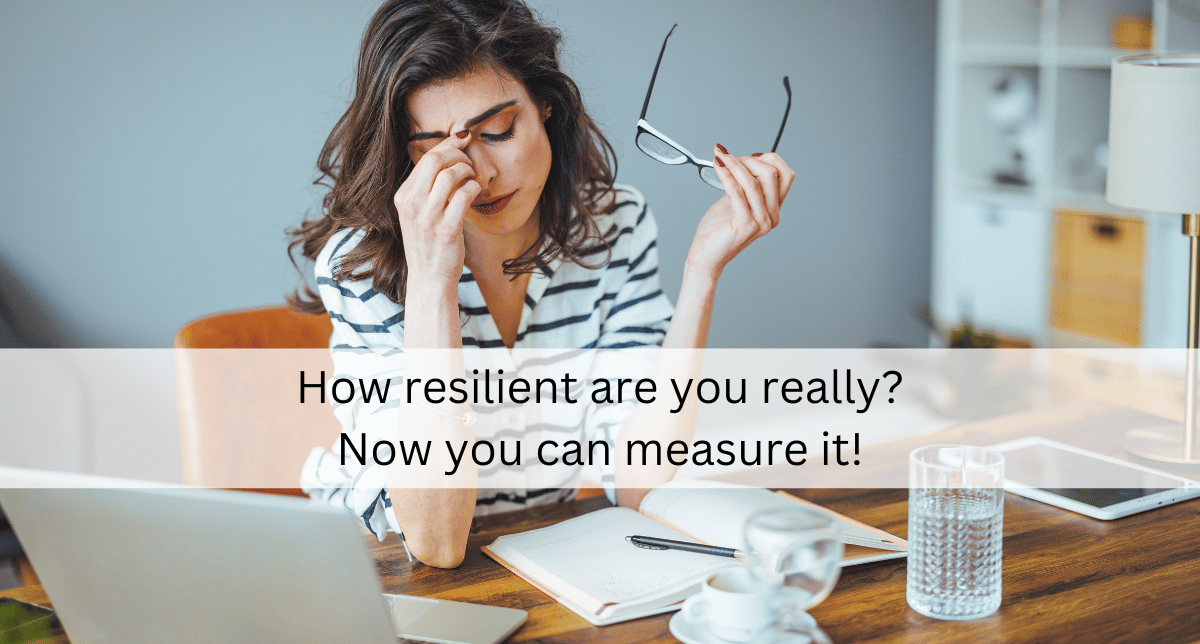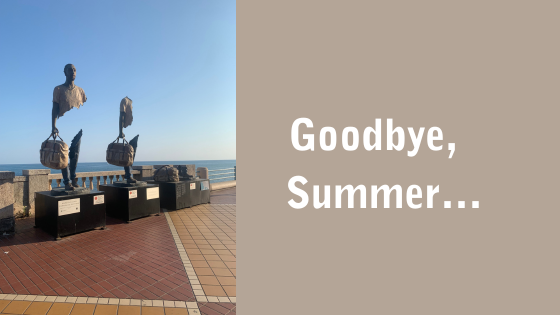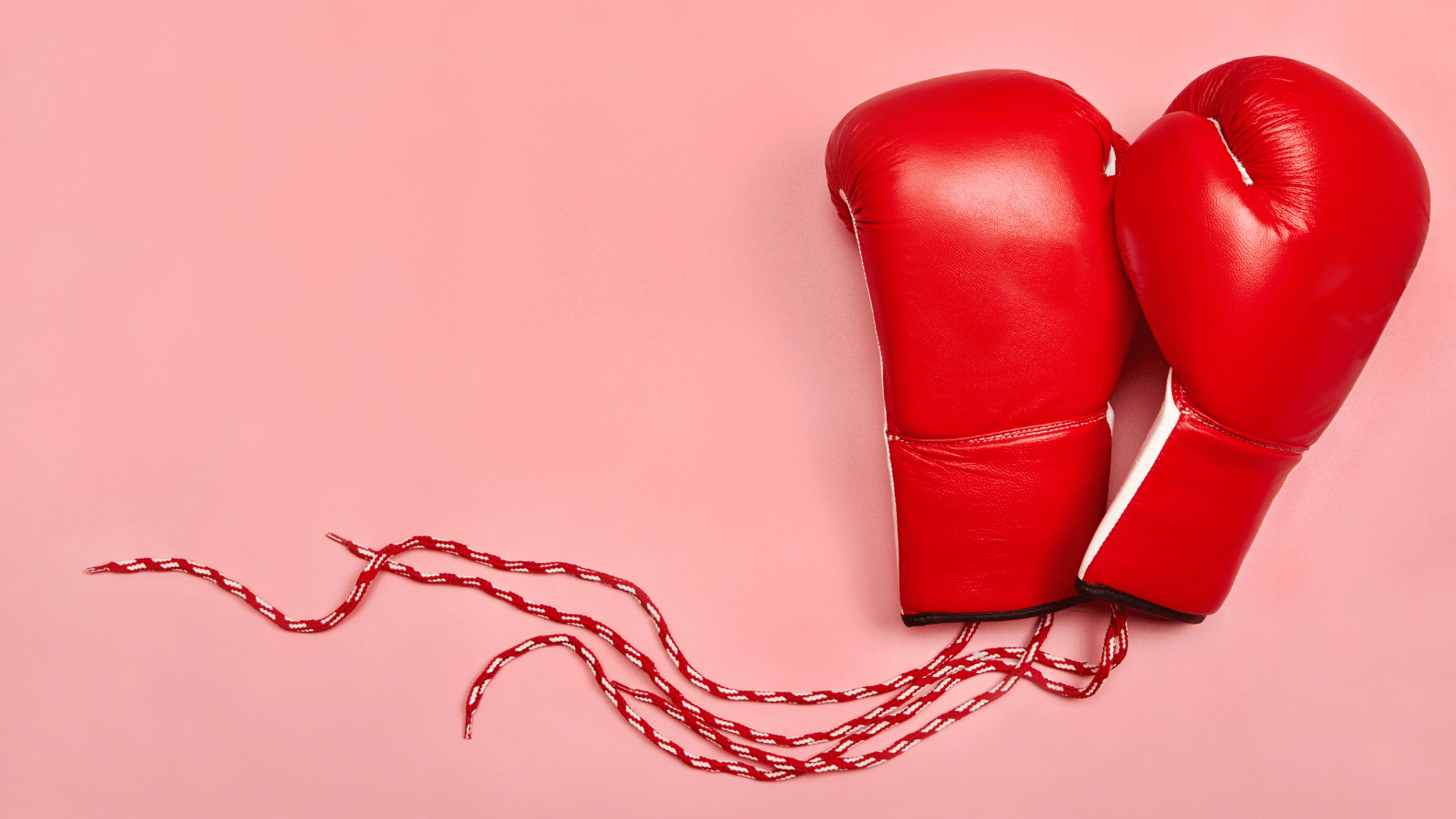Part of this article has been published in 2018 but … it’s still relevant, hence… version 2.0
More and more people are dealing with burn-out. I think almost everybody knows somebody who had to deal with it, be it a colleague, a friend or a family member. People are stressed, don’t stop and… get into trouble.
Resilience is supposed to be the answer. But what does resilience mean? A common definition is: “Resilience is the ability to recover from setbacks, adapt well to change, and keep going in the face of adversity”.
I believe it’s important to be resilient, we will continuously have to deal with possible stressful situations. I also believe you can ‘train your resilience muscle’, I even offer training and coaching in it AND… I find it important to add that even when you are very resilient, it doesn’t necessarily mean that you are not vulnerable…
Also… are you really as resilient as you think?
I have been a trainer in stress management since 2005. I’ve attended several courses, read many books but… most importantly: I always tried to put everything into practice, to ‘walk my talk’. And I am still convinced that that is the reason why I could ‘cope’ for so long. Whenever I experienced a stressful situation, I knew what to do: I knew how to work on my perception (and beliefs), I tried to take care of my buffer and body and I learned how to make the right choices (#YAHAC).
But there was this (almost) constant fatigue in the background: even when I went to bed early, I was eating well, I mediated and… I didn’t feel like I was ‘stressed’…
And at the end of 2015, things went wrong. Why?
To put it simply: batteries need to be charged. It turned out that mine wasn’t charging. Carrying on on an empty battery requires a lot of energy of the body: it will go into a stress reaction (even though you don’t necessarily notice this). And if this goes one for months, or even years… it’s bound to end badly… As I could experience myself.
Today I would like to talk about 2 tools that can measure whether or not your battery is recharging sufficiently.
The first tool is the Firstbeat Life
What is it? You wear a small device for 3 days and 3 nights (the Bodyguard) which measures your heart rate variability. (Ideally 2 working days and 1 weekend day).
While you are wearing it, you can categorise your activities on your smartphone. What are you doing when (sleeping, working, eating, reading, watching television, …)? This will help you to make the most out of the report.
The Bodyguard is connected to an app (monthly subscription) where you can see the objective data visually represented to show your stress and recuperation moments. Once the assessment is finished, you get even more data. If you want, you can also get an individual feedback session (online) of 30 minutes (=definitely recommend it!).
The first report was a real eye-opener to me. The colours clearly show when you are in your ‘red’ or ‘green’ zone and … believe me, this does not always correspond to what you think…
When you see it on your screen (or on paper), and match it with your agenda, it becomes very clear when you are using energy and when you are charging your batteries. Of course, not all days are the same, therefore they look also at a total of 3 days. How is your ‘battery’ doing after 3 days: does it keep on charging or is it more ’empty’ at the end than when you got started (despite the 3 nights…).
Would you like to know more about this? Make sure to watch the video (on Youtube): I show you the device and walk you step by step through some of my data (the video takes 20′).
Would you like to try it out yourself? Check it out here.
Why do I recommend it? You get a clear, objective report on how resilient your current lifestyle is. I repeat: my first report did surprise me but I also learned a lot. And by implementing some changes, the results got better.
Just to be clear: the result could also be a positive surprise. A client noticed that she ‘recuperates’ while she’s doing coaching sessions… Isn’t that wonderful? Another client was worried because she wasn’t sleeping very well. Apparently her recuperation was excellent. It was a big relief!
The second tool is my Garmin smartwatch
Maybe you think the Firstbeat Life is a bit complicated and maybe you already have a Garmin smartwatch.. That’s good news: even the reasonably basic models have a similar software (mine costs +/- 100 EUR)
The smartwatch can track a lot of things but I am mostly interested in the ‘Body Battery’. Again it shows you very visually (and in real-time) if you are using energy or recharging the battery. I also made a video for these results (same days).
Unlike with the Firstbeat life, you can’t add extra information, and … the data are a little less precise because you wear the smartwatch on your wrist (and the bodyguard closer to your heart).
Of course there are also other tools, but I haven’t tested them as thoroughly as these 2. But if you already have something that works for you, that’s great!
Why can I not stop talking about this?
It is absolutely fine to be very active (which will use a lot of energy), as long as the battery will recharge. Once it doesn’t, you have a problem.
When your battery doesn’t recharge, your body doesn’t recover and this might eventually lead to burn-out.
Stress is everywhere. Stress is necessary. But too much stress can have serious consequences.
Some people will know things can go wrong and … if they are smart, they will look for help.
Others might think they have everything under control, or they don’t have time to do something about it, or … they are ‘strong’, nothing can happen to them.
It can happen to everyone. Been there, done that, got the T-shirt…
You CAN measure it. If you don’t measure it, you can’t manage it. So, … what are you waiting for? #YAHAC
Would you like to try it out for yourself, click here.
If you liked the above, you can sign up for more Tips & Tricks by signing-up here.
Looking forward to hearing from you!


